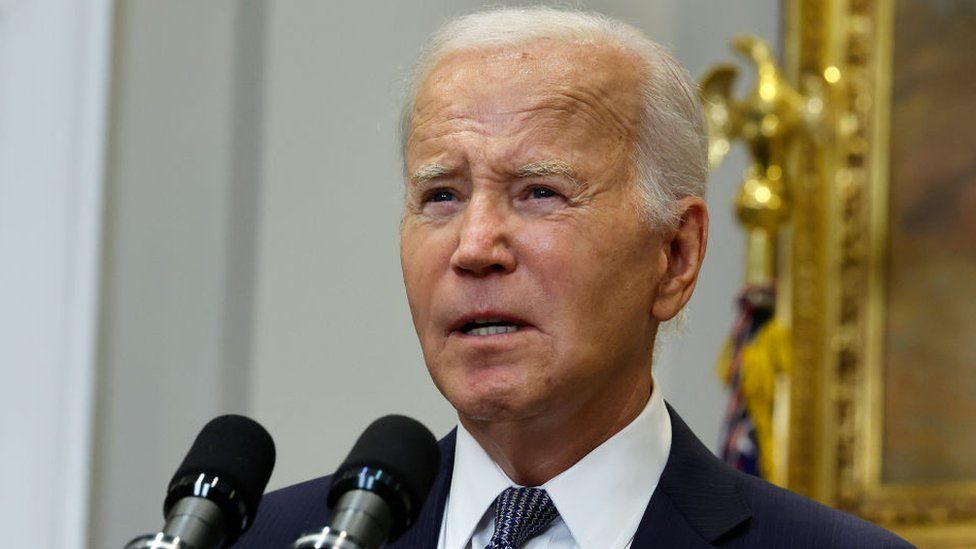A fresh set of efforts in reducing health care costs have been unveiled by President Joe Biden.
On Friday, President Joe Biden announced a new set of steps in reducing health care costs, including a crackdown on “junk” insurance plans that use consumers as “suckers,” updated advice to prevent unforeseen medical expenses, and an effort to lower medical debt associated with credit cards as His efforts in reducing health care costs.
The Department of Health and Human Services recently released new estimates showing that 18.7 million older adults and other Medicare beneficiaries will save an estimated $400 per year in prescription drug costs in 2025 as a result of the president capping out-of-pocket spending as part of last year’s Inflation Reduction Act. This is just one example of how Biden is building on prior initiatives in reducing health care costs.
The Democratic president has emphasized his policies to help families manage their expenses as well as a slew of government incentives to encourage private sector development of electric vehicles, clean energy, and cutting-edge computer chips as he prepares for his 2024 reelection campaign while inflation remains a top concern for voters.
Democrats in Congress have criticized Biden’s policies in line with His efforts in reducing health care costs, claiming that they have led to rising prices that are detrimental to families’ well-being.

President Joe Biden. (Photo: BBC)
The Treasury Department and the Consumer Financial Protection Bureau are also looking for information on third-party credit cards and loans that are explicitly used to finance medical expenses to help Biden’s campaign in reducing health care costs. People who require medical attention may be deterred from seeking it because of the greater expenses and interest rates. Hence, this will be avoided if Biden becomes victorious with His attemps in reducing health care costs.
The president also referred to earlier initiatives in reducing health care costs, such as a proposal that would have allowed Medicare to bargain for cheaper pricing on prescription pharmaceuticals and a $35 monthly price ceiling on insulin for those enrolled in Medicare Part B.
Thus, the efforts of the Presidents in reducing health care costs may lessen the burden of customers in seeking medical attention without getting bombarded by surprise payments on health insurance.























